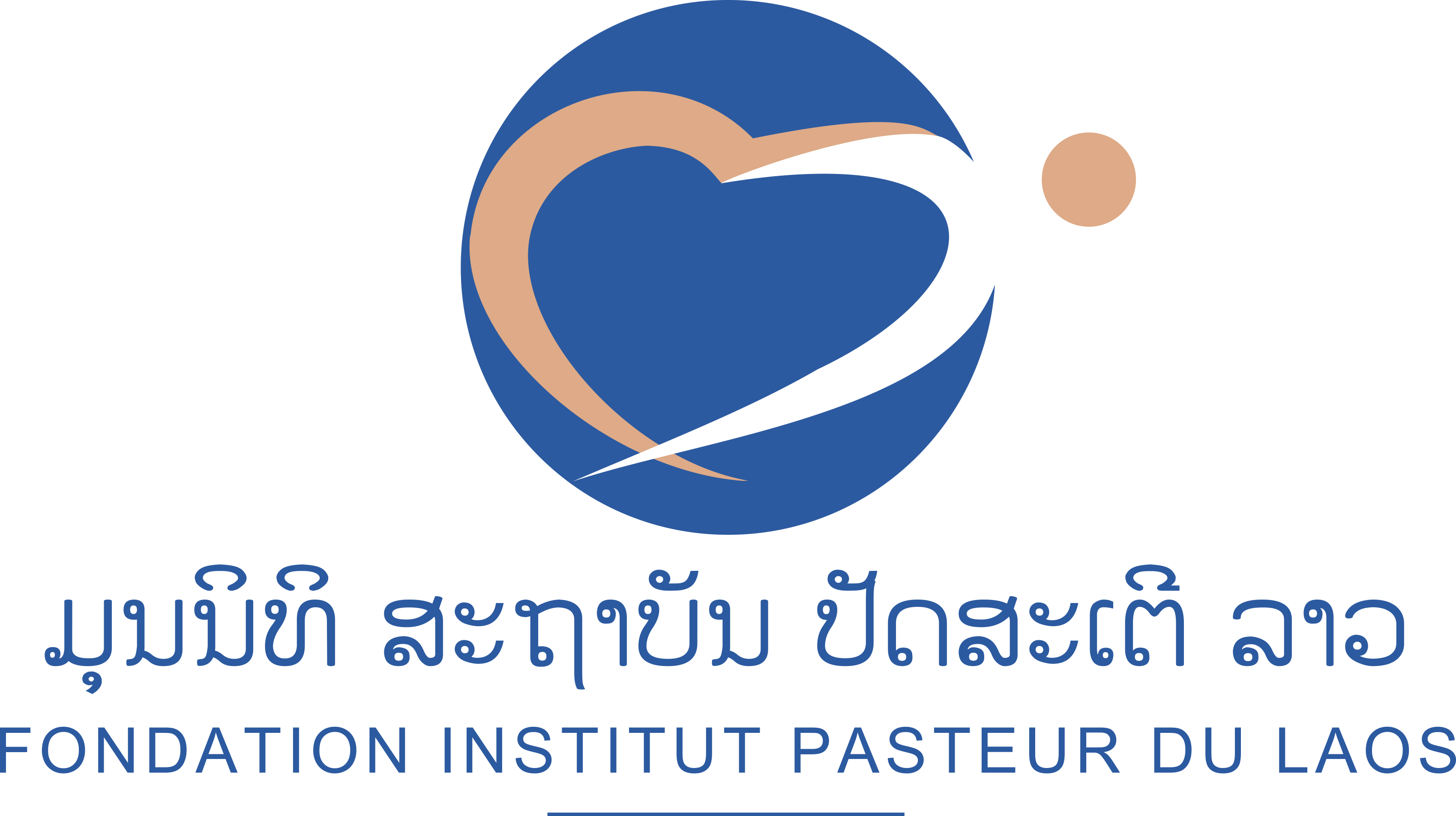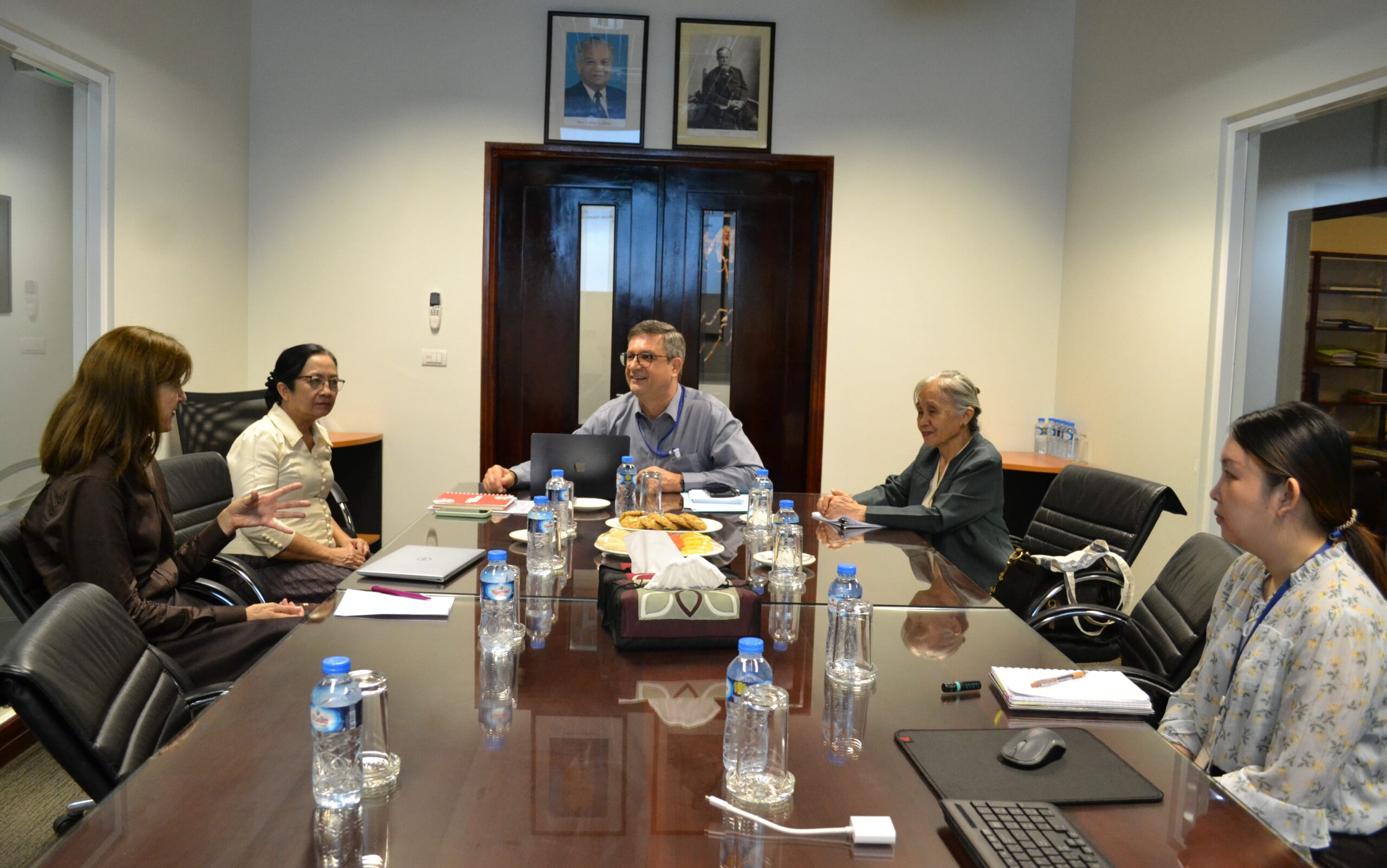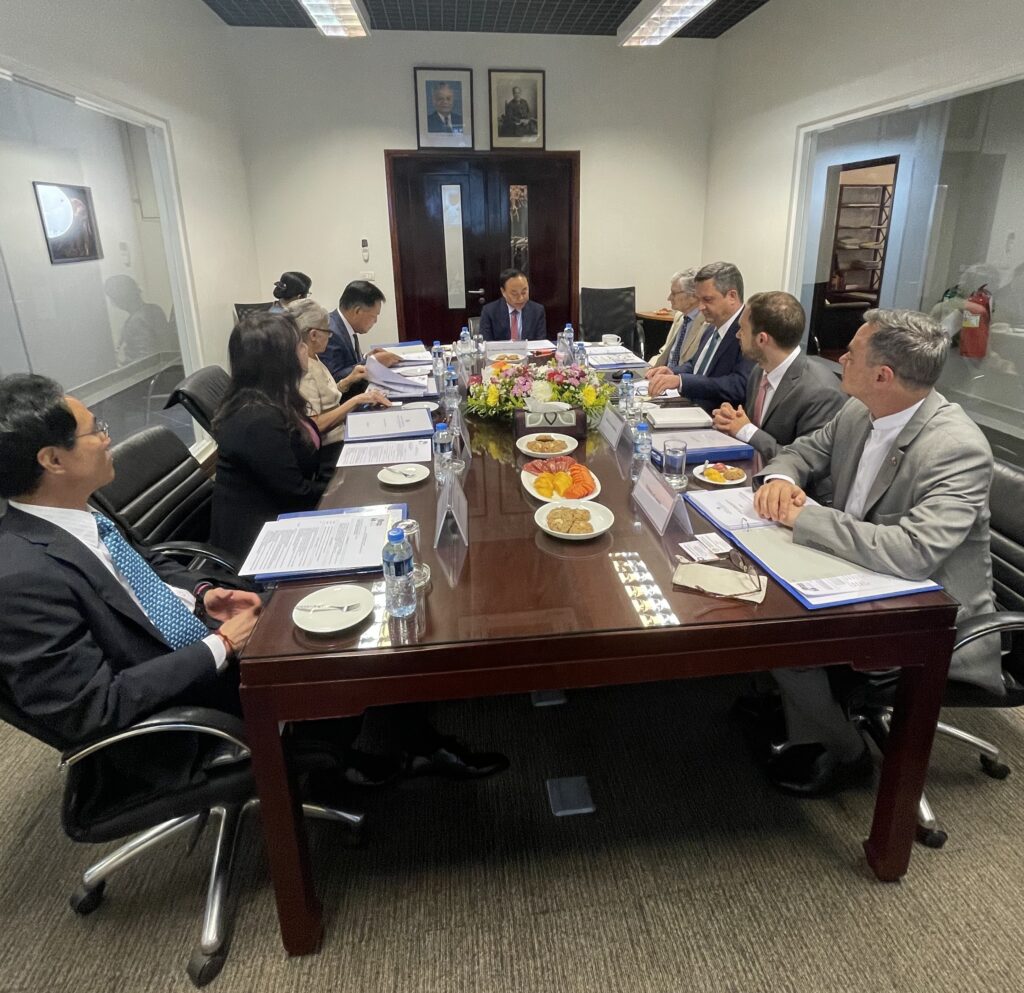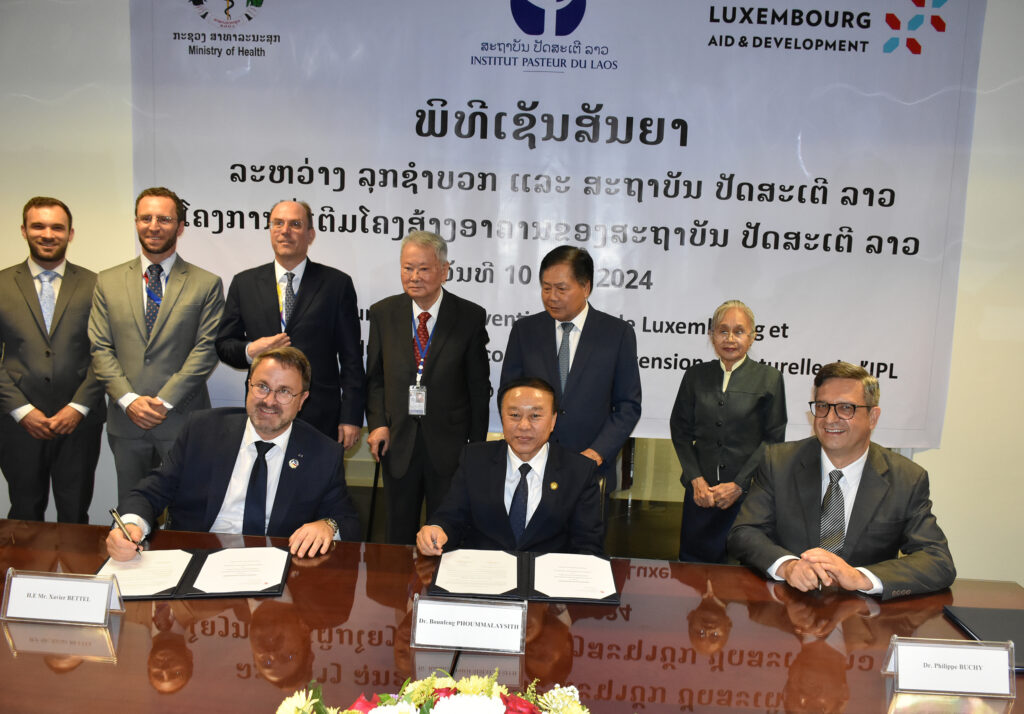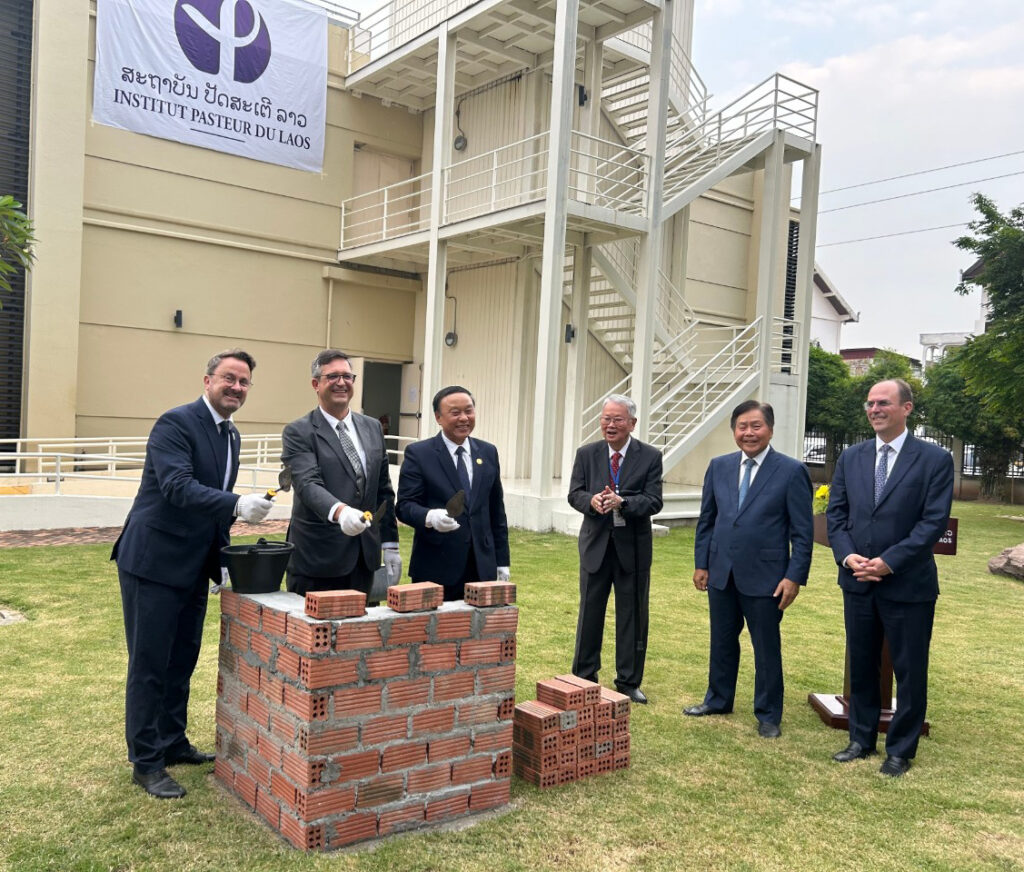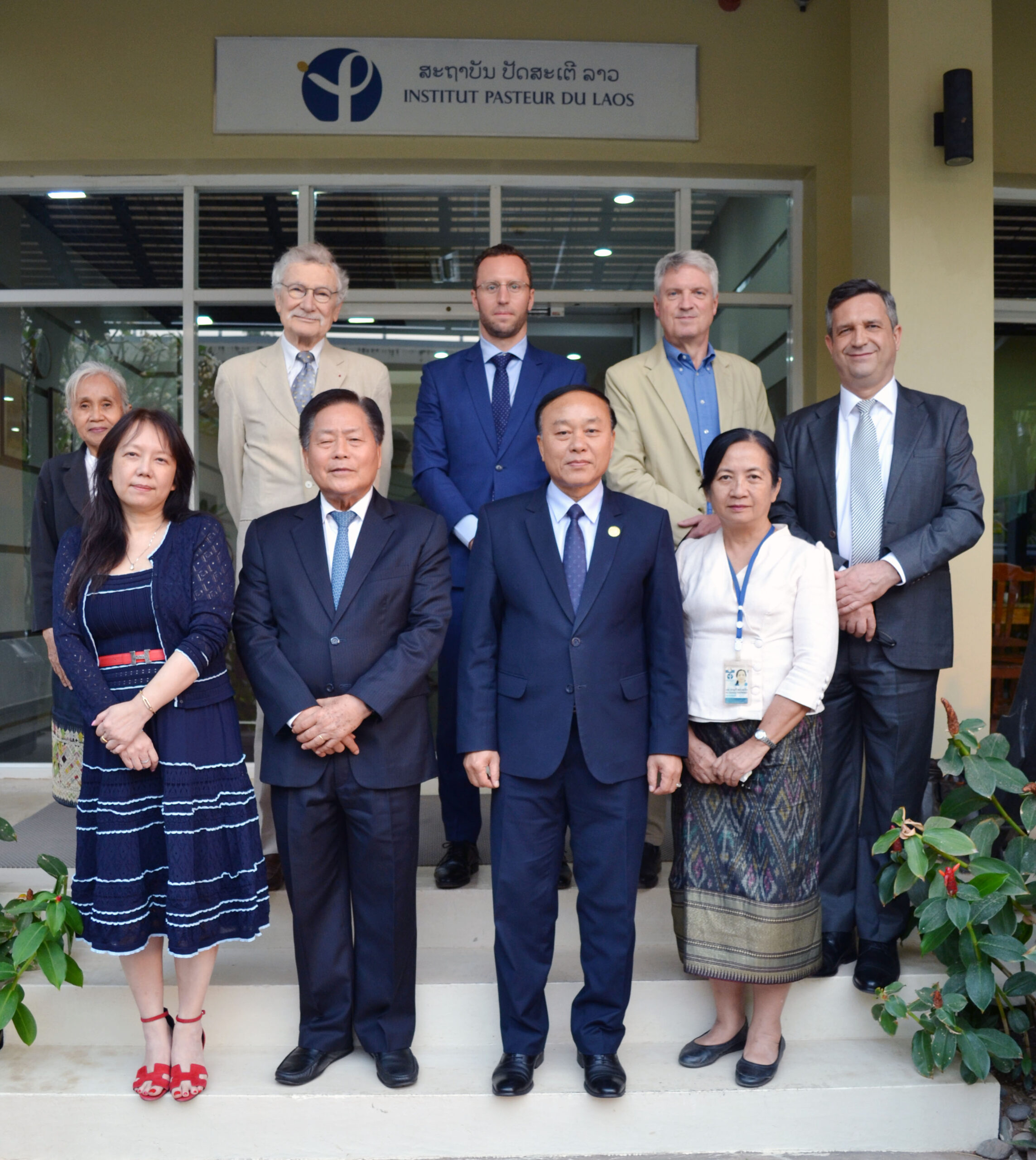Letter from Dr. Paul BREY, Director
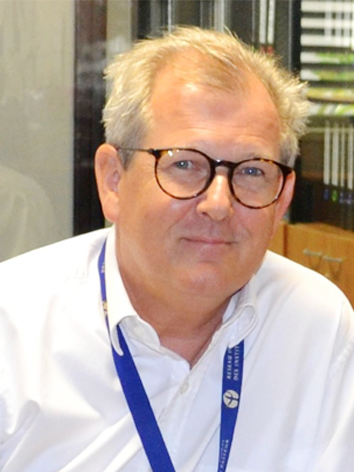 Along with 2020 and 2021, 2022 will go down in the annals of Institut Pasteur du Laos (IPL) as a difficult year due to the prolonged Covid-19 pandemic. Until the summer of 2022, IPL continued routine Covid testing for passengers arriving on the UN World Food Program flight on a weekly basis, as well as testing patients at Setthatirath Hospital and the Children’s Hospital in Vientiane capital. Since the beginning of SARS-CoV-2 testing, IPL continues to be the only institute providing routine genetic sequence data to the National Laboratory for Laboratory and Epidemiology (NCLE) and the WHO on a weekly basis in order to determine the mutations in the circulating SARS-CoV-2 variants. This has allowed the Ministry of Health Department of Communicable Disease Control (DCDC) and World Health Organization (WHO) to provide the Lao government and the international public health community with evidencebased results concerning the circulation of SARSCoV- 2 variants. IPL provided the DCDC and WHO with the chronology of Omicron variant introductions:
Along with 2020 and 2021, 2022 will go down in the annals of Institut Pasteur du Laos (IPL) as a difficult year due to the prolonged Covid-19 pandemic. Until the summer of 2022, IPL continued routine Covid testing for passengers arriving on the UN World Food Program flight on a weekly basis, as well as testing patients at Setthatirath Hospital and the Children’s Hospital in Vientiane capital. Since the beginning of SARS-CoV-2 testing, IPL continues to be the only institute providing routine genetic sequence data to the National Laboratory for Laboratory and Epidemiology (NCLE) and the WHO on a weekly basis in order to determine the mutations in the circulating SARS-CoV-2 variants. This has allowed the Ministry of Health Department of Communicable Disease Control (DCDC) and World Health Organization (WHO) to provide the Lao government and the international public health community with evidencebased results concerning the circulation of SARSCoV- 2 variants. IPL provided the DCDC and WHO with the chronology of Omicron variant introductions:
Omicron BA.1 January 11 2022
– Omicron BA.2 April 26 2022
– Omicron BA.4/BA.5 May 26 2022
– Omicron BA.2.75 known in the media as Centaurus 03 August 2022
In addition to RT-PCR testing of SARS-CoV-2 and genomic sequencing of variants, IPL also provided centralized vaccine storage services to the Lao Ministry of Health by storing 1.7 million doses of Pfizer vaccine provided by the US Government via the Covax facility stored in five B-Medical -80°C deep-freezers provided by the government of the Grand Duchy of Luxembourg. This deep-freeze storage allowed the Ministry of Health to store the vaccines under ideal conditions and to dispatch lots of vaccines when needed in Vientiane Capital and the provinces. The French government dispatched a virologist to IPL to train Lao virologists in the newest and most rapid sequencing techniques available, which will allow IPL virology team to continue to provide the Lao Ministry of Health and the WHO with the most complete sequence information concerning Covid-19 variants in circulation.
Apart from the above-mentioned public health activities related to Covid-19, IPL also continued to investigate the zoonotic origins of SARS-CoV-2-like viruses in bats. Following intensive biosafety training, Lao researchers from IPL, and bat and rodent specialists from Department of Environmental Studies of the National University of Laos were able to collect bats and identify SARS-CoV- 2-like viruses from Rhinolophus bat species in Vientiane province. Further molecular phylogenetic and biophysical analyses in collaboration with researchers from Institut Pasteur indicated that some of these sarsbecoviruses are in fact closely related to human SARS-CoV-2 virus in their amino acid composition within the viral “spike” protein.
Other IPL funded virological research was also continued to be performed in 2022 including Dengue, Chikungunya and Zika surveillance and Dengue virus serotyping provided to the NCLE/DCDC on a weekly basis. Dengue 1 & 2 serotypes are the predominant serotypes circulating in Vientiane capital and throughout the country this year. Sporadic Chikungunya foci have emerged in Attapeu, Champassak and Salavan provinces. IPL and the Centre infectiology Christophe Mérieux carried out an in-depth Hepatitis C survey in Salavan province and found high prevalence of this virus in certain districts. In the area of Parasitology continued studies on Malaria drug resistance, Schistosomiasis and geo-helminth surveys were continued. Finally, acarological taxonomic studies on the Ticks of Laos continued and resulted in the first taxonomic revision of Haemophysalis genus, the first since the 1960’s. There is no doubt that the research agenda of IPL has suffered during the past three years of the Covid pandemic and we are hopeful in 2023 to reinforce our research output as Covid gradually morphs into a endemic disease.
Paul Brey

